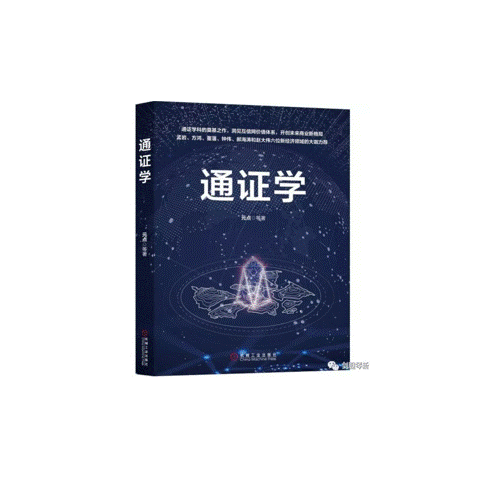www.token-ology.com,通证学
www.token-ologist.com,通证学人
Since January 1, 2019, after completing the postscript for the first edition of Tokenology, I began preparing the manuscript for the second edition. The first edition had its inception on March 27, 2018, and after months of deep thought and structural breakthroughs, I finally laid out a framework in October of the same year. I wrote intensively through October and November, aiming to gift myself the completed draft by my birthday, which I managed to achieve with the initial draft on December 4 and the final draft on December 12. Subsequently, it underwent a rigorous review process with the publisher, including three rounds of proofreading, political review, and the addition of introductory sections and other pre-text materials.

The decision to publish it as an “original work” rather than an “edited” or “compiled” one stemmed from the theoretical innovations and structural foundations laid out in Tokenology.

There were several reasons for rushing the book to publication.
First, I had learned from my experience in 2013, when I spent nearly a year writing my first book on Bitcoin. Despite numerous revisions, changing publishing standards eventually led the publisher to reject the manuscript entirely. With this book, I wanted to publish promptly, allowing room for refinement in subsequent editions.
Second, I knew of several similar works already planned for release, so speed became essential. This contributed to a sense of haste for the first edition, and I envisioned ongoing improvements in future editions, including the forthcoming *Token Revolution* and *A Brief History of Blockchain*, which would address ideas that couldn’t be fully expanded on in this book.
Third, timing was crucial. Publishing after a bull market would mean missing the wave entirely.
Finally, I was simply exhausted by the relentless writing and revisions. The intensive rounds of editing, especially the three reviews and proofing process, drained my enthusiasm for further discussion with the editors. By the end, I just wanted it published and couldn’t bear to look at it anymore.
I never anticipated the unforeseen events that would follow the publication of the first edition in April 2019. That year, the editor-in-chief informed me that books of this type were no longer permissible for publication. Later, Huazhang Publishing House faced its own challenges, which I’ll leave unelaborated here for those who understand.
Friends suggested that I publish the book directly on my public WeChat account or through Kindle Direct Publishing (KDP). The WeChat account “Sword and Music” initially provided core chapters with some paid access, both to limit widespread distribution and gauge readership. Additionally, having a timestamp on WeChat served as a digital ledger in case any ideas were appropriated.
I had considered publishing on KDP years ago but was deterred by certain requirements; Amazon required either a U.S. Social Security Number or the backing of a domestic publisher. Fortunately, those conditions have recently been updated.
I ultimately diverted my focus to *Token Revolution* and *A Brief History of Blockchain*, in part due to potential copyright concerns.
This second edition aims to address several aspects:
First, correcting errors and adding new innovations. After the first edition was published, some readers reached out via the editor, QQ groups, and other channels to provide feedback. I plan to correct these issues, including a few formulas, and update sections where my knowledge has since evolved, resulting in the need for removal, revision, or expansion.
Second, some data and information are outdated and require updating, as reflected in recent reader feedback.
Moreover, I am now considering international outreach. Due to various constraints, certain chapters in the first edition were difficult to discuss domestically. In today’s landscape, going global is not just an option but a necessity; the hubs of Web 3.0—like the U.S., Dubai, Japan, and Southeast Asia—are increasingly shaping the mainstream discourse, which largely takes place in English.
Also, if published abroad, the pen name might become irrelevant. Whether under “MetaOne” or “Edward Dai,” it may ultimately be the latter.
Finally, AI now provides indispensable support, accelerating workflows in writing, editing, and translation.
This has become a dual approach: in-depth conversations happen in English abroad, while select discussions continue domestically.
Edward Dai,Beijing
November 3, 2024
